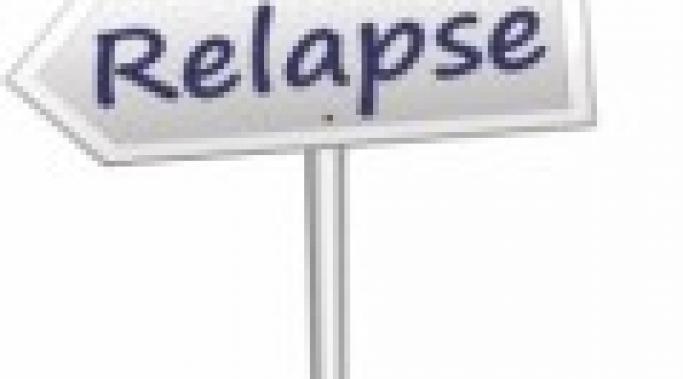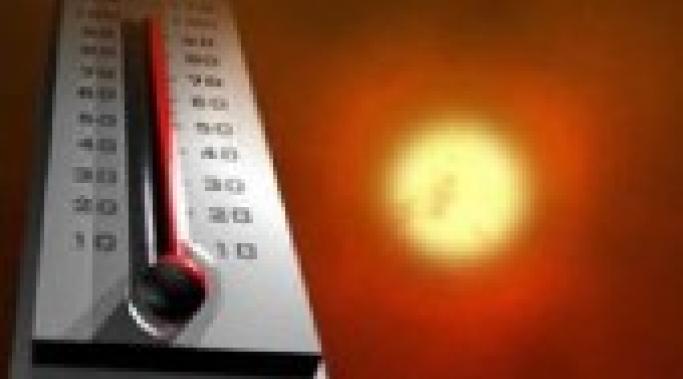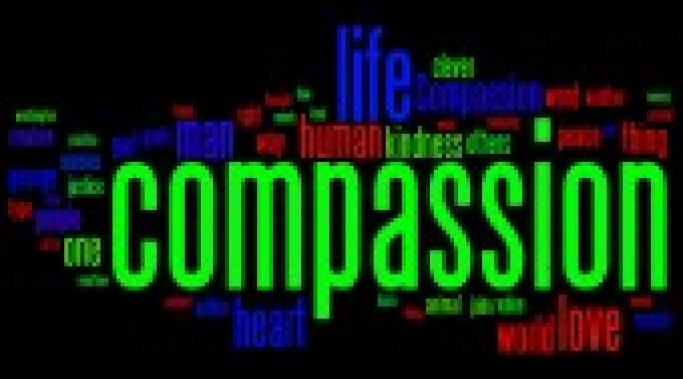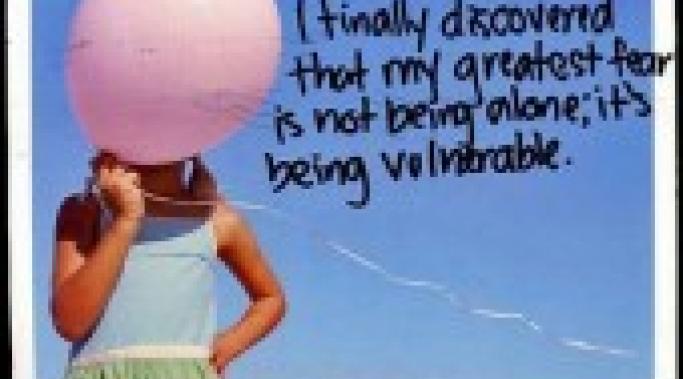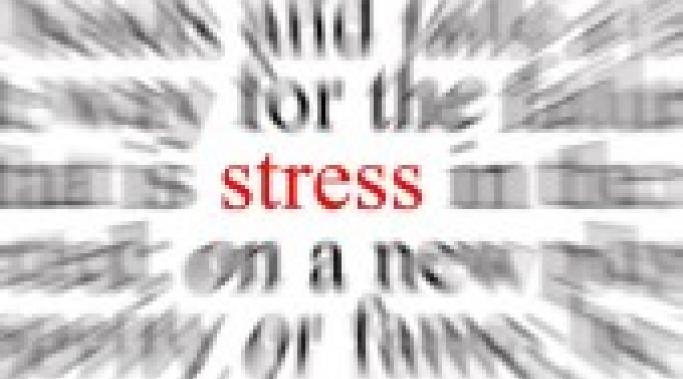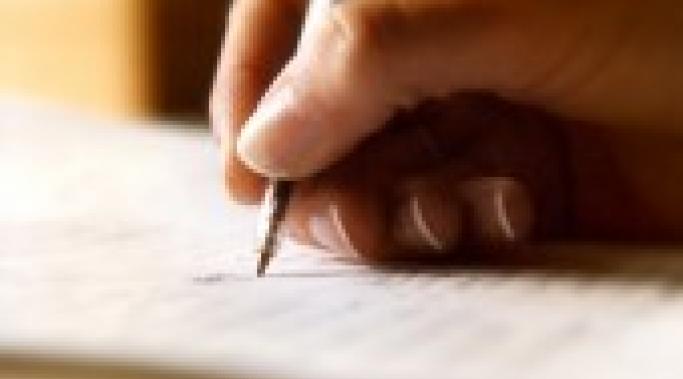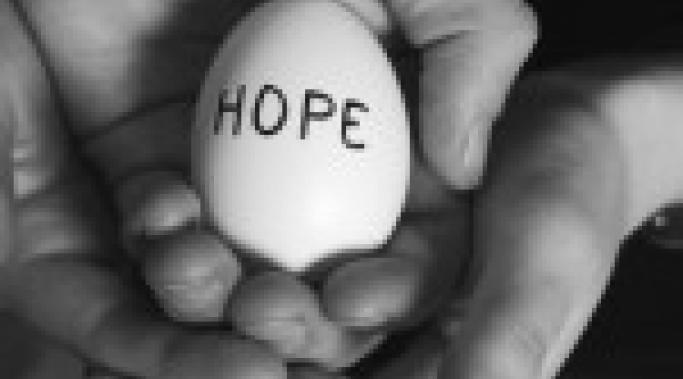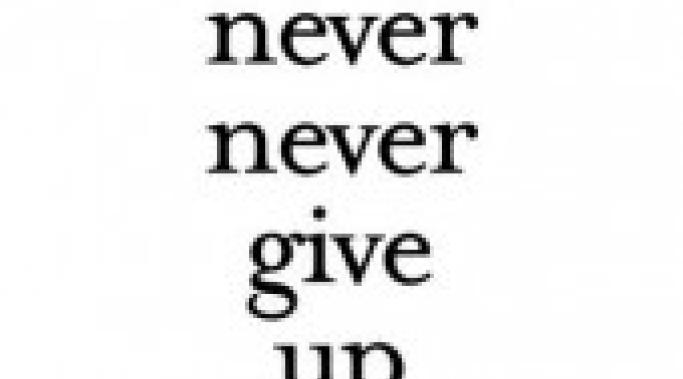It started with the heat.
I couldn't eat because I was too hot. That's a good reason. right?
Of course, I could have done a number of things to combat that. Made smoothies. Have salads with added protein of chicken or fish. Splurge on ice cream once in a while.
And I did do that, grudgingly, at first. I got a orange banana smoothie at Barnes & Noble, and felt oh-so-virtuous. See, I am trying! I'm not slipping...I'm eating intuitively.
Then I had a chicken caesar salad at McDonald's. Drizzled a minute amount of salad dressing on it. I don't want soggy lettuce, do I? Ate some of the chicken, a few bites of the lettuce. Ugh, iceberg lettuce! Don't they realize that has absolutely no nutrients?!?
Yesterday, I ate virtually nothing.
And that is the anatomy of a relapse? Or a lapse?
Eating Disorders Recovery
It is 12:20 a.m. and I'm hot. Sweaty. And decidedly not hungry in spite of the fact that I've barely eaten all day.
Then I look at my thighs. My upper arms. The little pouch of my stomach. And I groan, realizing that I'm about thirty pounds heavier than my lowest weight while in the midst of anorexia.
I want to be healthy, right? I want to be free of anorexia. . . yes?
Or am I still ambivalent after all this time?
Often, we tend to focus on the negative aspects of having an eating disorder or other mental illness.
It (almost) destroyed my career. My relationships. My marriage. My life.
All of this is true. I am still rebuilding the trust and intimacy of family relationships. My marriage is over; we will be filing for divorce soon.
And I almost died from anorexia.
However, I also have grown and become a better person because of my struggles with anorexia.
When I was quite ill with anorexia, I presented myself as detached and invulnerable. Nothing could hurt me. I was strong...I was beyond human feelings...I was beyond human needs because I didn't need much food/sleep/love that most humans required.
It was all an act. I was—and still am—immensely vulnerable.
I'm just afraid to let people know this.
A few weeks ago, I gave away the last of my "anorexic" clothing.
The clothing that was too young. Too short. Too...anorexic.
I mean, a micro-miniskirt on a forty-six-year-old? Seriously?
I feel myself becoming more free each day.
It is 11:22 p.m. and I'm still staring at the blank computer screen. My head hurts. My stomach feels queasy. I'm tired.
The worst part? I struggled to eat today. Not because the eating disorder voice hammered at me. Not because I felt compelled to lose weight.
But because I simply did not feel hungry.
Stress kills my appetite. Now I have to make sure it doesn't kill my recovery from anorexia.
I was not recovered when I started writing my personal eating disorders blog, The Spirit Within. In fact, I was in the midst of a serious relapse that wouldn't end until I was forced to take almost three months sick leave from my job at the time—and this wouldn't be my last relapse.
In light of recent decisions by several blog servers to revamp their posting policies, I've asked myself what are the responsibilities inherent with eating disorder blogging? Am I—and other eating disorder bloggers—responsible for the potential damage our words might have?
Do you believe there is hope for recovery from your eating disorder? Or do you believe the best you can hope for is management of your eating disorder symptoms?
I believe there is hope. I believe that one day, I will be free.
Last week, I looked down and realized I needed something I haven't needed for a very long time.
A bra.
I have been struggling to eat normally — whatever normal is — for several weeks. It's not that I have stopped eating altogether, because let's face it, even anorexics have to eat something. It's not even that I'm in starvation mode — yet.
It has just become easier to skip breakfast, because hey, it is 10 a.m. before I think about it and it is only two hours away from lunch. Then lunchtime comes and I "forget" to eat until about 2 or 3 p.m. That's too close for dinner, so I might as well make lunch do for dinner, too.
Still, I am eating and I am committed to recovery. I know that I was not healthy before and that I need to continue to eat healthy and maintain my weight. I know that skipping meals, especially breakfast, is not a good idea.
I thought I was doing okay. Then I drank several glasses of wine last night.
